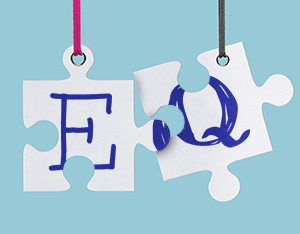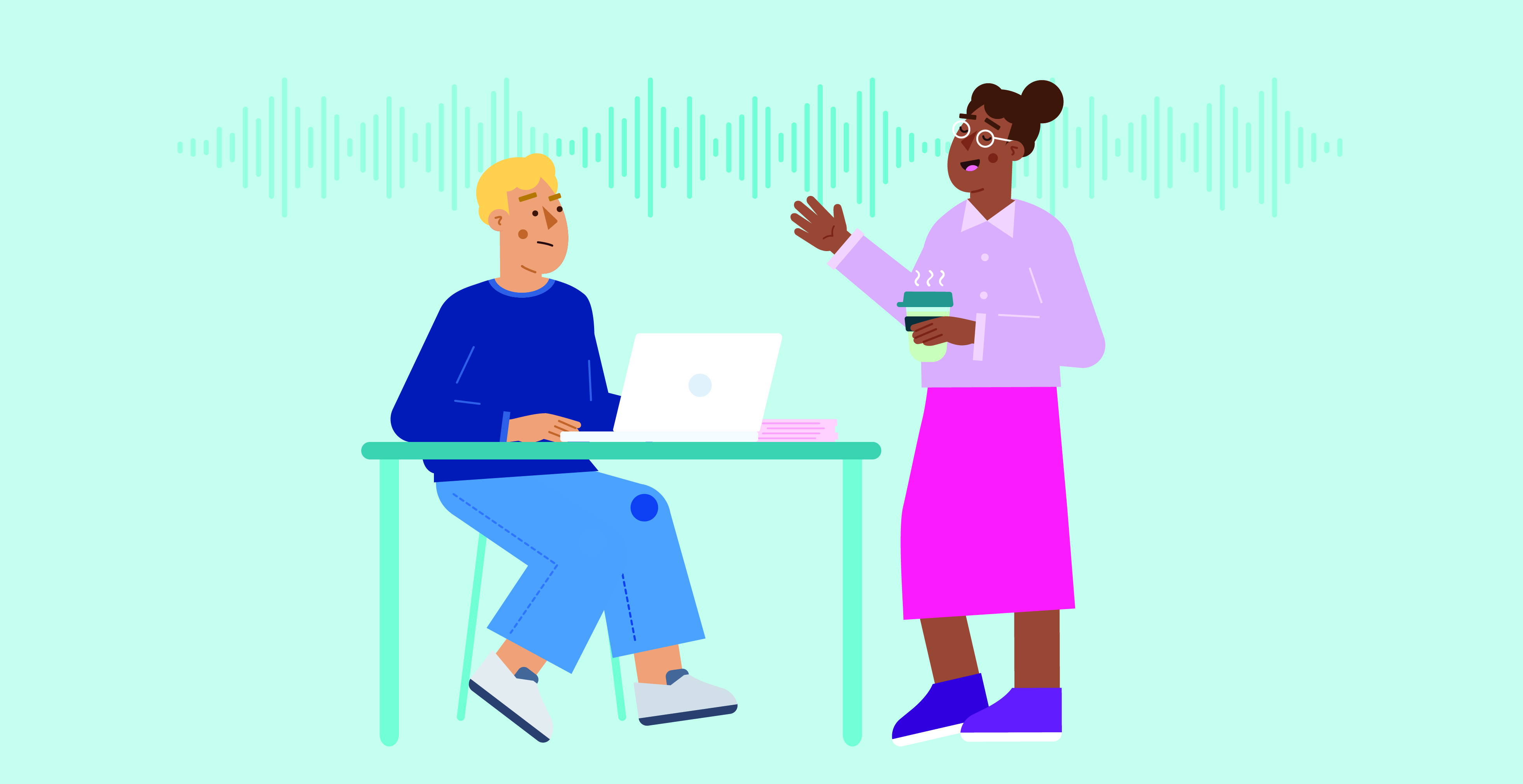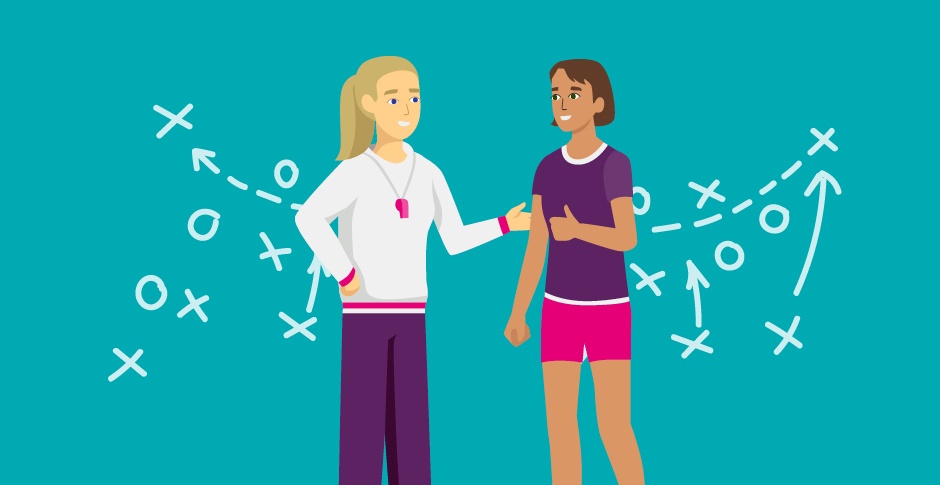If you want to be more successful at work then it’s time to brush up on your E's and Q's.
That’s emotional intelligence - otherwise known as EQ. But what is emotional intelligence?
If you’re an emotionally intelligent person you:
- Have empathy
- Can recognise and manage your emotions
- Are socially aware and can understand your effect on other people
- Understand other people’s emotions and needs
- Can manage conflict
- Have good social skills
In our age of engagement, having good emotional intelligence is essential. If you feel you could handle work conflicts better, then working on your EQ could pay off.
Just look at the people around you, especially those you admire in the workplace. Do they get things done quickly without conflict? Do they persuade others (including you) into helping with something new?
These colleagues often have a high EQ and know how to use it.
You too can do the same. Emotional intelligence can be practiced, one step at a time. Identifying that you could improve your emotional intelligence is the biggest step. Once you’ve done that the cure is easier. Treat it as a step in your career development.
To become emotionally intelligent you need to understand how your brain works and control your emotions and resulting behaviour.
Some people find these tips from the book Emotional Intelligence at Work by Hendrie Weisinger helpful for their career development:
- Watch how you react to stress
- Pay attention to your actions
- Start an internal dialogue rather than automatically criticising the actions or motives of other people
- Learn what your intentions are
- Find constructive ways to deal with negative moods and feelings: such as exercise, or relaxation/breathing techniques
- Be particularly aware of non-verbal communication such as the tone of your voice, eye contact, and facial expressions
- Make a game of always looking for the silver lining and the lessons to be learned from failures or difficult situations
- Listen more than you speak
It takes time to become more emotionally aware and like most things requires practice. Another helpful book is Becoming Emotionally Intelligent, by Catherine Corrie.
A good start in improving your emotional intelligence is to keep a diary for a week or fortnight identifying your emotions and how they affect your day-to-day work. The next step is to analyse the diary to find out in what situations you feel calm, stressed, angry, contented, or other emotions?
If you’re really serious find someone to work with who can help you. This might be your boss, a mentor, and a friend or family member. Ask them for honest feedback and then practice better emotional responses and behaviours.
Some people find hands on help from career coaches or counsellors to be really helpful.
Iain McCormick, director of the Executive Coaching Centre has coached employees who lack emotional intelligence. The cure is relatively simple. McCormick’s sessions involve:
- Talking about your reactions to other people
- Building a repertoire of positive reactions to situations
- Learning empathy through putting yourself in other people's shoes
- Helping you read and understand others
- Teaching behaviours that help influence others
Finally, you can do it. Take just one tip from this article and start working on it today. You’ll be amazed how quickly it helps you.



